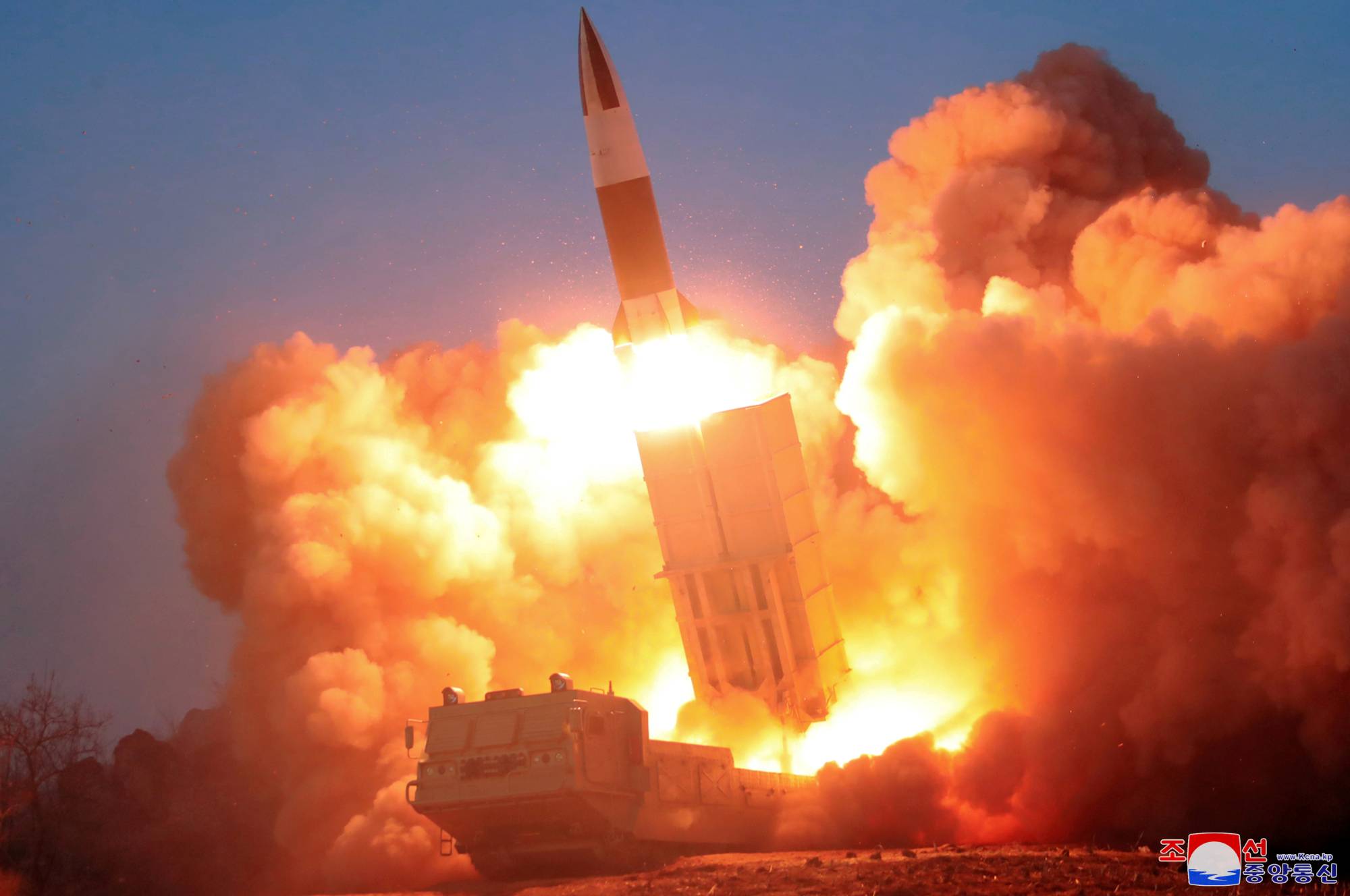AUKUS Agreement: The formation of AUKUS, the trilateral security partnership between Australia, the United Kingdom, and the United States, has sparked significant interest and speculation worldwide. To comprehend the motivations behind this alliance, it is crucial to understand its purpose and objectives. AUKUS aims to address emerging security challenges in the Indo-Pacific region through enhanced cooperation in defense, technology, and cybersecurity.
The primary purpose of AUKUS is to strengthen the strategic relationships among Australia, the United Kingdom, and the United States. By aligning their interests and capabilities, these countries seek to maintain peace, stability, and prosperity in the Indo-Pacific. AUKUS represents a tangible commitment to work together in addressing shared security concerns, including the rise of China and other regional challenges.
Furthermore, AUKUS seeks to foster technology cooperation among the three nations. This includes collaboration in areas such as artificial intelligence, quantum technologies, and cyber capabilities. By sharing expertise and resources, AUKUS aims to bolster its member countries’ technological edge and ensure the development of cutting-edge defense capabilities.

The Key Players Involved in AUKUS
AUKUS brings together three significant players in the international arena: Australia, the United Kingdom, and the United States. Each country brings unique strengths and perspectives to the alliance, creating a formidable partnership.
Australia, a key Indo-Pacific power, is strategically positioned in the region. With its vast maritime domain and growing economic influence, Australia has a vested interest in maintaining stability and security. By joining AUKUS, Australia strengthens its defense ties with its traditional allies and enhances its capacity to address regional security challenges effectively.
The United Kingdom, a longstanding military power and global actor, is committed to upholding international security. Through its participation in AUKUS, the UK deepens its engagement in the Indo-Pacific region, reinforcing its role as a global force for stability. The UK’s advanced defense technology and expertise contribute to the alliance’s capabilities.
The United States, a superpower with global influence, plays a central role in the alliance. With its extensive military capabilities and commitment to the Indo-Pacific region’s security, the US brings substantial resources and expertise to AUKUS. By partnering with Australia and the United Kingdom, the US strengthens its presence in the Indo-Pacific, reinforcing its commitment to regional stability.
The Significance of the AUKUS Agreement
The AUKUS agreement holds significant geopolitical and strategic implications, both regionally and globally. By formalizing their partnership through this agreement, Australia, the United Kingdom, and the United States signal their shared commitment to addressing security challenges in the Indo-Pacific.
One of the key significance of the AUKUS agreement lies in its focus on technology cooperation. The alliance aims to advance its members’ technological capabilities, particularly in the areas of defense and cybersecurity. By pooling resources and expertise, AUKUS seeks to maintain a technological advantage and counter emerging threats effectively.
Moreover, the establishment of AUKUS sends a clear message to regional powers, including China. The alliance’s formation highlights the growing concerns over China’s assertive behavior and military rise. AUKUS serves as a deterrent, showcasing the collective strength and resolve of its member countries to safeguard regional peace and stability.
On a global scale, the creation of AUKUS contributes to the evolving balance of power. It strengthens the position of the United States and its allies in the Indo-Pacific, providing a counterweight to China’s influence. The alliance reinforces the US-led rules-based international order and underscores the importance of multilateral cooperation in addressing global challenges.
The Impact of AUKUS on Regional and Global Geopolitics
The formation of AUKUS has already had a profound impact on regional and global geopolitics. Regionally, the alliance reshapes the strategic dynamics in the Indo-Pacific, introducing a new player in the security landscape. AUKUS strengthens the security architecture in the region and provides an additional layer of deterrence against potential security threats.
The alliance also has implications for existing regional powers, particularly China. AUKUS challenges China’s regional aspirations and military expansion by bolstering the defense capabilities of Australia, the United Kingdom, and the United States. This potentially alters the balance of power in the Indo-Pacific, creating a more complex and competitive environment.
Additionally, AUKUS signifies a shift in global power dynamics. It reinforces the importance of alliances and cooperation in addressing global challenges, particularly in the face of China’s rise. The alliance sends a message that countries are willing to work together to safeguard international security and uphold the rules-based order.

The Controversy Surrounding AUKUS
The creation of AUKUS has not been without controversy. The decision to form this alliance, particularly the provision of nuclear-powered submarines to Australia, has raised concerns and sparked debates.
One of the main controversies surrounding AUKUS is the impact on existing regional non-proliferation efforts. The provision of nuclear-powered submarines to Australia has raised questions about the proliferation of nuclear technology and its implications for regional stability. Critics argue that this move may fuel an arms race or increase tensions in the region.
Furthermore, the decision to exclude France from the submarine deal has strained diplomatic relations. France, which had a pre-existing agreement with Australia for conventional submarines, expressed disappointment and frustration over the abrupt cancellation of the deal. The exclusion of France from AUKUS has highlighted the complexities and challenges of managing international relations in a rapidly evolving geopolitical landscape.
Challenges and Potential Roadblocks in the Implementation of AUKUS
While AUKUS holds great promise, there are challenges and potential roadblocks that may impede its implementation. One significant challenge is ensuring effective coordination and interoperability among the three member countries. Each country has its own defense procurement processes and strategic priorities, which may create hurdles in aligning their efforts and resources.
Another challenge lies in managing the expectations and interests of regional partners. AUKUS must strike a delicate balance between strengthening its member countries’ security and maintaining relations with other countries in the Indo-Pacific. It must ensure that its actions do not inadvertently escalate tensions or create divisions in the region.
Moreover, the successful implementation of AUKUS depends on sustained political will and commitment from all parties involved. As geopolitical dynamics evolve, maintaining a unified and coherent approach may prove challenging. AUKUS must adapt and respond to changing circumstances to remain effective in addressing emerging security challenges.
The Potential Benefits of AUKUS for Participating Countries
Despite the challenges, AUKUS offers significant benefits for the participating countries. For Australia, the alliance provides access to advanced defense technology and capabilities, particularly in the realm of submarines. This enhances Australia’s deterrence capabilities and strengthens its position as a regional security provider.
The United Kingdom benefits from increased engagement in the Indo-Pacific, expanding its global reach and influence. AUKUS allows the UK to deepen its defense ties with Australia and the United States, fostering closer cooperation and information sharing. This bolsters the UK’s role as a global security provider and strengthens its partnerships across the region.
For the United States, AUKUS reinforces its commitment to the Indo-Pacific and its allies. The alliance enhances the US presence in the region, allowing for closer coordination and interoperability with Australia and the United Kingdom. It strengthens the US-led network of alliances and partnerships, ensuring continued stability and security in the Indo-Pacific.

Criticisms and Concerns Raised About AUKUS
While AUKUS has received support from its member countries, it has also faced criticisms and concerns from various quarters. One of the main criticisms is the lack of consultation and transparency in the decision-making process. The exclusion of France from the submarine deal has been seen as a disregard for existing agreements and diplomatic norms.
Furthermore, some argue that AUKUS may exacerbate tensions with China and potentially escalate the regional security dilemma. The alliance’s focus on countering China’s rise has raised concerns about a potential security dilemma and a spiraling arms race. Critics argue that AUKUS should prioritize dialogue and cooperation over a confrontational approach.
There are also concerns about the impact of AUKUS on existing regional institutions and frameworks. The alliance’s formation may undermine existing multilateral mechanisms and create divisions within the Indo-Pacific. It is essential for AUKUS to complement, rather than undermine, regional initiatives in order to maintain stability and cooperation.
Future Prospects of AUKUS
In conclusion, the creation and implementation of AUKUS represent a significant milestone in the evolving strategic landscape of the Indo-Pacific region. This trilateral security partnership aims to address emerging security challenges through enhanced cooperation in defense, technology, and cybersecurity. AUKUS has the potential to shape the region’s security dynamics for years to come.
While AUKUS offers numerous benefits, it also faces challenges and criticisms. Effective implementation requires coordination, interoperability, and the ability to navigate complex geopolitical dynamics. AUKUS must strike a delicate balance between strengthening its member countries’ security and maintaining regional stability.
The future prospects of AUKUS depend on its ability to adapt and respond to changing circumstances. As the Indo-Pacific region continues to evolve, AUKUS must remain flexible and open to dialogue. By upholding its shared vision and objectives, AUKUS can contribute to a secure and prosperous Indo-Pacific and reinforce the importance of alliances and cooperation in addressing global challenges.
If you enjoyed this article on the AUKUS Agreement and its implications for global security and technological cooperation, we invite you to explore our analysis on United States’ Geographical Strategies. Dive into how the geographical positioning and landscape of the United States shape its defense strategies, diplomatic endeavors, and economic policies, offering a comprehensive view of its role on the world stage. This piece provides a deeper understanding of the strategic advantages and challenges faced by the United States due to its unique geographical features.



